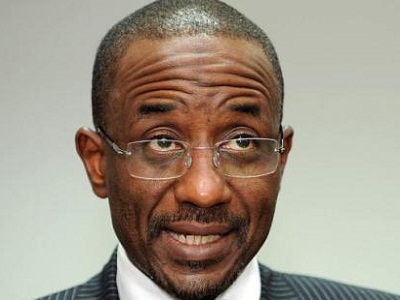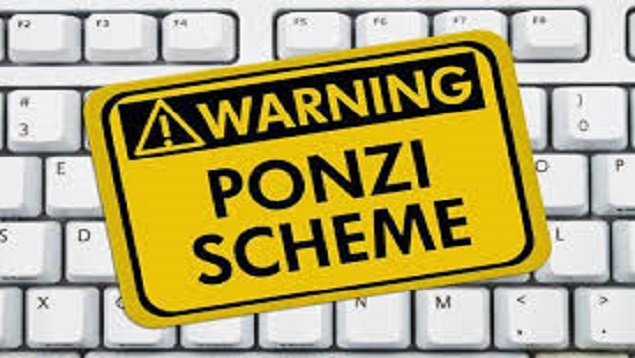Forensic experts should examine the state of the federation account, the federal government suggested yesterday.
This is coming as Sanusi Lamido Sanusi, governor; Central Bank of Nigeria (CBN) insisted that oil money was missing.
Sanusi said that the outstanding $6 billion given by NNPC to the NPDC should have gone to the federal government, but that it disappeared into private hands from there, and offered to bring in lawyers to defend that claim on the basis of three advisory opinions the CBN has already received.
The apex bank governor told the investigative hearing by the Senate Committee on Finance into the alleged missing $20 billion oil money that despite the explanation tendered by Ngozi Okonjo-Iweala, finance minister, there is an outstanding $20 billion between NNPC oil shipments and what it paid to government.
Testifying earlier, Okonjo-Iweala aligned herself with the Ministry of Petroleum Resources and the NNPC, despite declaring her Ministry lacked the capacity to validate the claims contained in NNPC documents from the Petroleum Products Pricing Regulatory Agency (PPPRA) showing how the initial outstanding $10.8 billion was spent.
She said an independent forensic team was needed to examine the documents.
Such an audit by independent experts will reveal whether or not $20 billion is missing – as alleged by Sanusi.
Senator Ahmed Makarfi, chairman Senate Commitee on Finance, urged the audit panel to do the assignment in one month.
The committee, he said, would reconvene on February 20, for legal advice.
Addressing members of the committee in Abuja, Finance Minister Ngozi Okonjo-Iweala said: “on the $10.8 billion which we had all originally agreed was the shortfall from the NNPC, they have produced documents certified by PPPRA with background documentation to back it, but we do not feel that the reconciliation committee has the expertise and then we are calling for a forensic audit of these papers in order to lay to rest what the shortfalls may be, what the NNPC owes or does not owe the Federation Account.”
On the $20 billion, which Sanusi insisted was missing, Mrs Okonjo-Iweala said: “On the additional charges made by the CBN, the Reconciliation Committee feels that the matter ranges around legal issues and that it, therefore, requires legal experts to answer the questions of who owns these proceeds – NNPC or the Federation Account.”
However, the minister revealed that “as of December 2013, the cumulative unreconciled shortfall from NNPC payments stood at N1.792 trillion”.
She added: “For the $10.8 billion, this is the shortfall as at July 2013, which mirrors the period the CBN originally looked at. Amount withheld for subsidy, $8.766 billion; holding cost for strategic reserves, $0.499 billion; crude oil and product losses, $0.76 billion; pipeline management cost $0.905 billion for a total of slightly more than the $10.8 billion we talked about. The data presented were all certified by PPPRA as being accepted by them and signed upon.”
















































